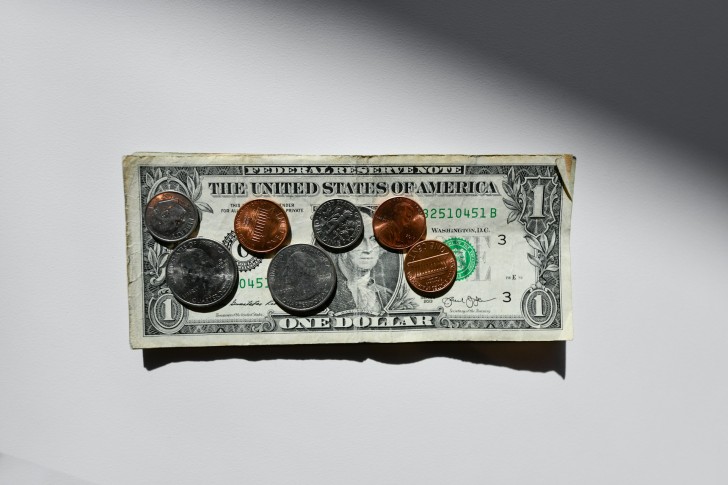Ripple (XRP) has been fined $125 million for selling unregistered securities, a decision that leaves crucial questions about cryptocurrency regulation unanswered.
Ripple's $125M Fine: A Setback or a Win for XRP?
A federal court in Manhattan has ordered Ripple Labs to pay a $125 million fine for selling unregistered securities to institutional investors. This decision, delivered on Wednesday, represents a small fraction of the staggering $2 billion initially sought by the Securities and Exchange Commission (SEC) in a lawsuit dating back to 2020. Despite the reduced penalty, the ruling has failed to bring clarity to the broader crypto industry, leaving unresolved questions about the legal status of cryptocurrencies like XRP.
Ripple’s cross-border payment software and its native token, XRP, initially attracted significant interest from several major banks. These financial institutions saw XRP as a potential mechanism to streamline international payments, bypassing the traditional SWIFT network, and eliminating the need to maintain de nostro accounts. However, as regulatory scrutiny intensified, these banks gradually distanced themselves from Ripple, a move that foreshadowed the legal challenges to come.
SEC’s Allegations and Ripple’s Response
In its 2020 complaint, the SEC accused Ripple and its executives of selling 14.6 billion units of XRP, raising over $1.38 billion without registering these sales. The SEC's goal was to permanently ban Ripple from selling unregistered XRP tokens, demand the return of alleged ill-gotten gains, and impose unspecified civil penalties. Last year, Judge Analisa Torres delivered a mixed ruling: while agreeing that Ripple's sales of XRP to institutional investors constituted a securities contract, she also noted that secondary market sales to ordinary investors did not.
The recent ruling further complicates Ripple’s future. Although Ripple is now restricted from issuing any new XRP without SEC registration, the company's initial creation of 100 billion XRP remains a significant factor. Ripple CEO Brad Garlinghouse expressed optimism in a post on X (formerly Twitter), highlighting the court's decision to reduce the SEC's demand by 94% as a victory. "We respect the Court's decision and have clarity to continue growing our company," Garlinghouse stated, positioning the outcome as a win for Ripple and the broader XRP community.
Ongoing Legal Ambiguities for XRP and Crypto Regulation
Despite Garlinghouse's positive spin, the SEC maintains that the ruling supports its stance on securities law violations. The court's injunction against Ripple reinforces the seriousness of the offenses, according to an SEC spokeswoman. The fine, which exceeded Ripple's proposed amount by more than 12 times, reflects the gravity of the situation. However, as other judges continue to offer differing interpretations of securities law as it applies to crypto assets, the industry remains in a state of legal uncertainty.
The ripple effects (pun intended) of this ruling are far from over. As noted by Robert Le, a crypto analyst at Pitchbook, the ultimate decision on whether cryptocurrencies like XRP are considered securities may have to wait for higher courts, possibly even the Supreme Court. Until then, the crypto industry will continue to operate in a legal gray area, with this ruling adding more confusion than clarity.
In summary, Ripple's $125 million fine is a significant development in the ongoing legal battles surrounding cryptocurrency regulation. Yet, it leaves the central question—whether cryptocurrencies are securities—largely unanswered, ensuring that the debate will continue to evolve in the months and years ahead.
 Peter Smith
Peter Smith

 Peter Smith
Peter Smith


